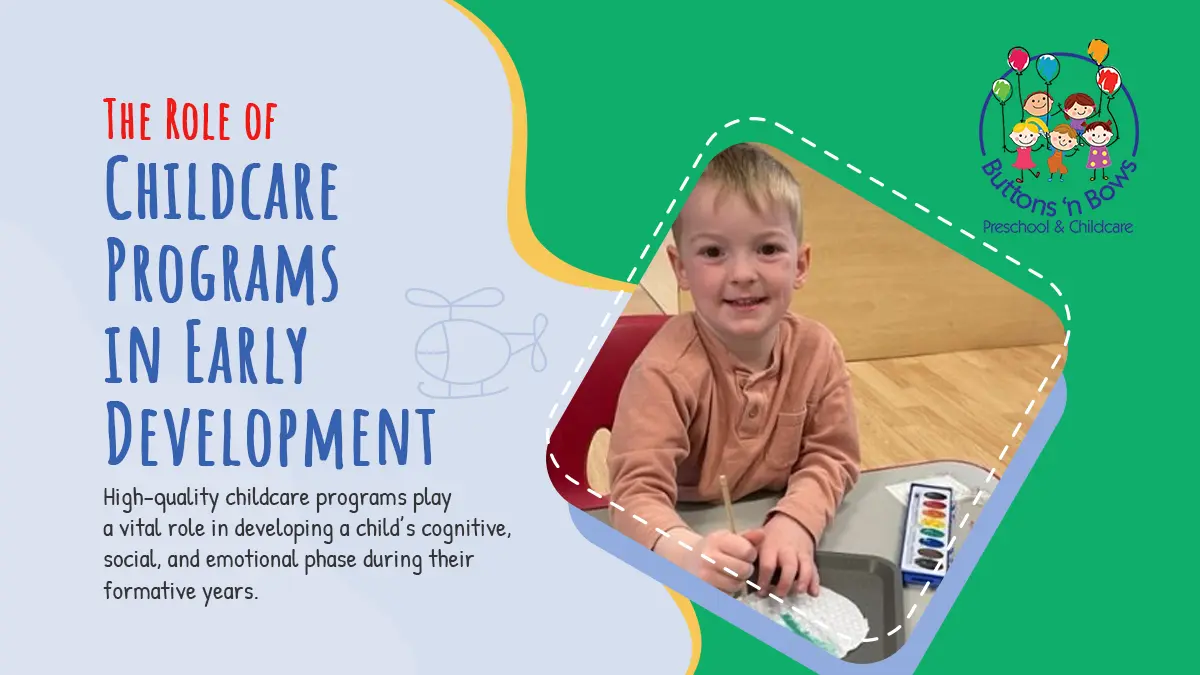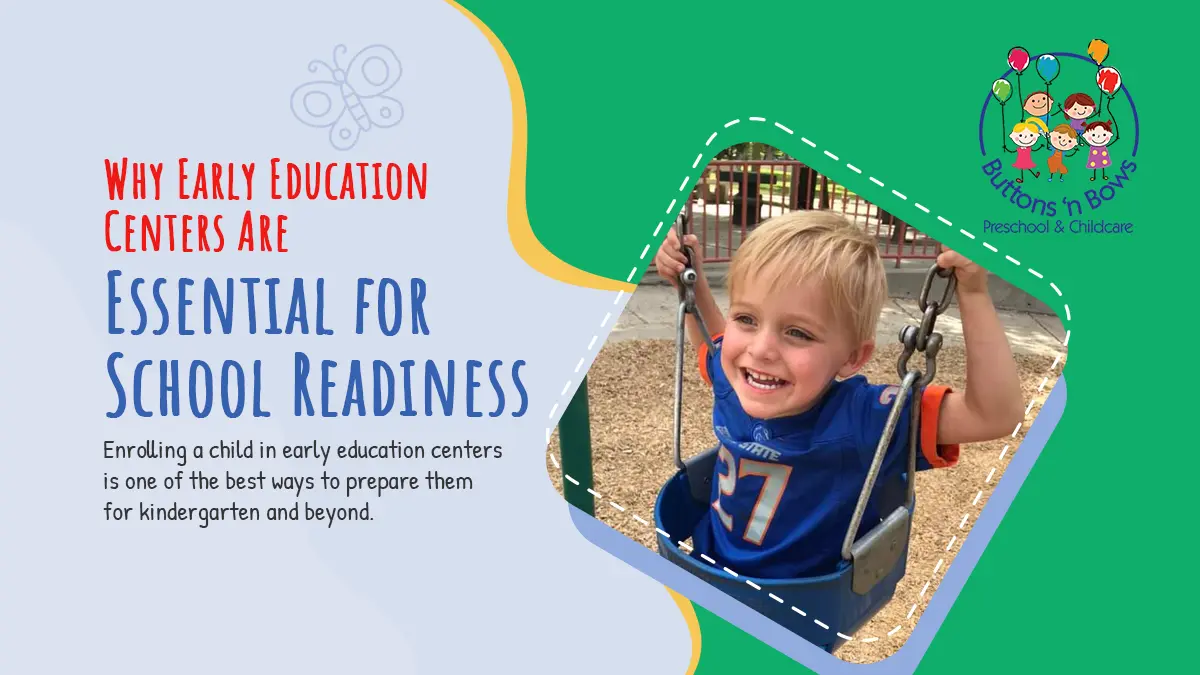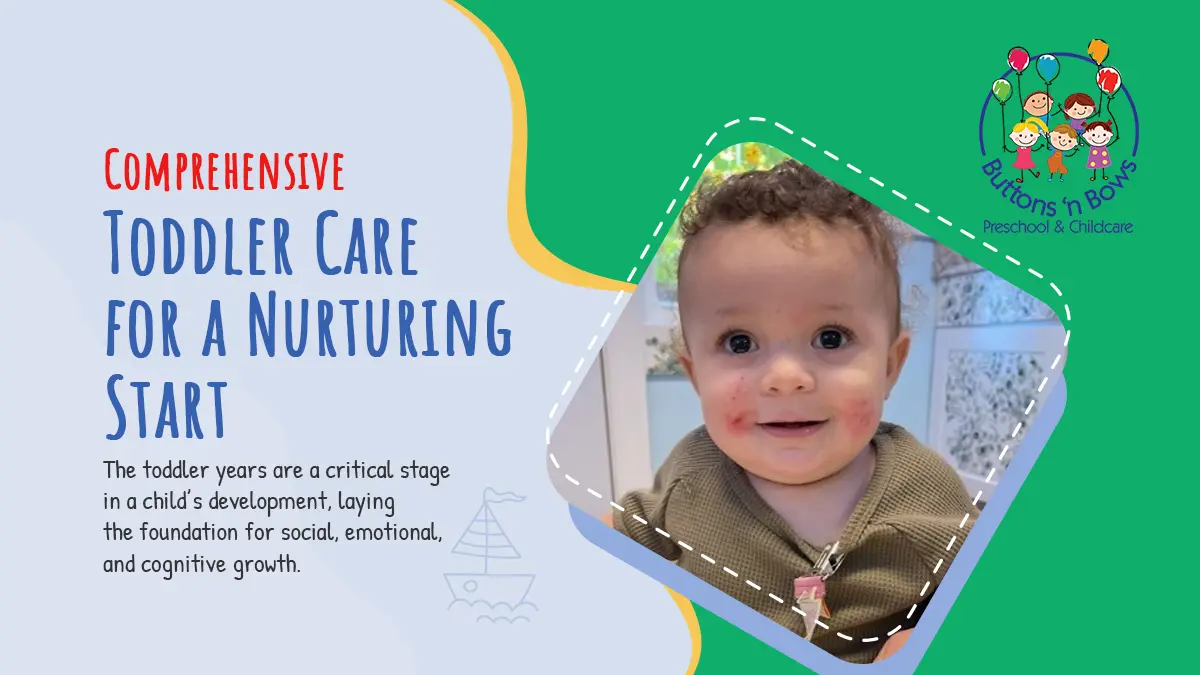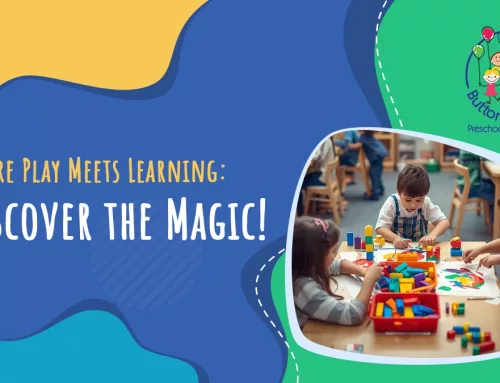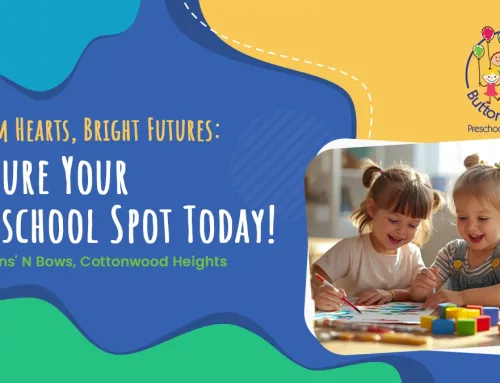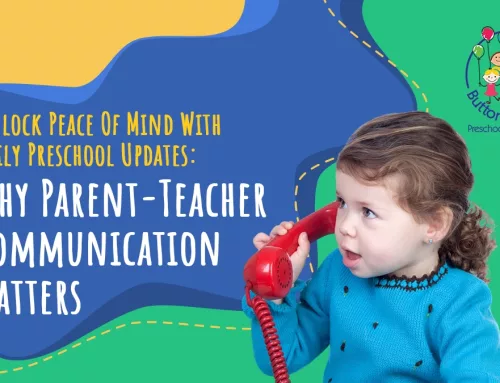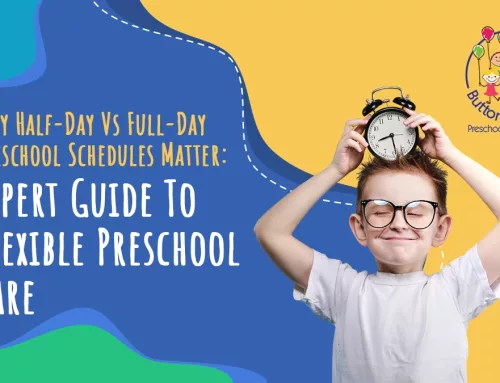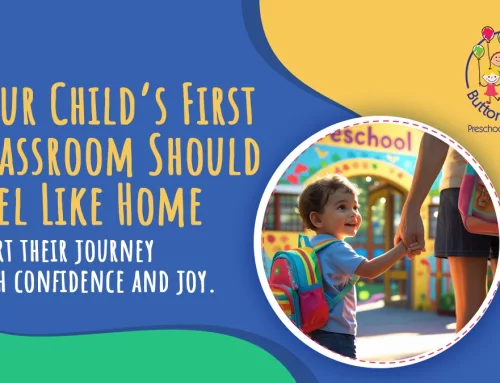Daycare services are crucial in shaping a child’s early development, providing a structured and nurturing environment where young minds can thrive. The right daycare program goes beyond basic supervision—it fosters cognitive growth, social skills, and emotional well-being through hands-on learning and guided exploration.
Parents seek more than just childcare; they want a place where their child feels safe, supported, and encouraged to develop independence and confidence. Quality daycare services create meaningful learning experiences, helping children build a robust foundation for future academic success.
The Role of Childcare Programs in Early Development
High-quality childcare programs play a vital role in developing a child’s cognitive, social, and emotional phase during their formative years. A well-structured daycare setting provides young learners a strong foundation for future success by promoting independence, problem-solving, and essential life skills.
Structured Learning Environments Foster Growth
A strong childcare program is built on structure and routine, ensuring children feel safe and supported while they develop key skills. Predictable daily schedules help children adapt to structured learning while providing the flexibility for creativity and exploration.
- Daily Routines: Consistent schedules for meals, naps, and activities help children build time management skills and emotional security.
- Guided Learning Activities: Teachers introduce foundational concepts through play-based learning, encouraging problem-solving and curiosity.
- Skill Development: Activities focus on building fine and gross motor skills, communication abilities, and early literacy skills.
When children are introduced to structured routines early, they develop confidence and adaptability, making future transitions to preschool and kindergarten much smoother.
Play-Based Education Encourages Cognitive and Social Skills
Children learn best through play, and high-quality childcare programs incorporate interactive activities that promote essential skills. Play-based learning engages young minds while fostering collaboration, creativity, and critical thinking.
- Imaginative Play: Pretend play scenarios allow children to explore emotions, express creativity, and practice problem-solving.
- Hands-On Exploration: Building blocks or experimenting with textures stimulate cognitive development.
- Social Interaction: Group play teaches children how to share, take turns, and communicate effectively.
By combining play with structured learning, childcare programs create a balanced environment that nurtures academic and social growth.
Experienced Educators Guide Development
A child’s early experiences shape their long-term success, and skilled caregivers in childcare programs play a crucial role in that journey. Professional educators create a supportive atmosphere where children feel encouraged to explore, ask questions, and develop independently.
- Individualized Attention: Low teacher-to-student ratios ensure each child receives personalized support.
- Encouraging Independence: Educators guide children through self-care routines, helping them gain confidence in everyday tasks.
- Positive Reinforcement: Supportive feedback helps children build resilience and a love for learning.
With trained professionals leading the way, children receive the right balance of guidance and independence, allowing them to flourish in their developmental milestones.
Laying the Foundation for Lifelong Learning
A well-rounded childcare program doesn’t just prepare children for the next stage of education—it instills a love for learning that lasts a lifetime. By providing a stimulating, structured, and nurturing environment, these programs ensure that children develop the skills they need to succeed academically and socially.
- Confidence Building: Early successes in problem-solving and communication encourage children to take on new challenges.
- Curiosity Development: Engaging activities spark an interest in learning, motivating children to ask questions and explore.
- Preparation for Future Education: Exposure to foundational concepts in a supportive setting creates a smooth transition to preschool and beyond.
With the right start, young learners build the confidence, curiosity, and independence necessary to thrive in any future learning environment. Childcare programs are not just about today but about setting children up for lifelong success.
Why Early Education Centers Are Essential for School Readiness
Enrolling a child in early education centers is one of the best ways to prepare them for kindergarten and beyond. These centers provide structured learning environments focusing on cognitive, social, and emotional development, helping young learners build the skills they need to succeed in school. Through interactive lessons, hands-on activities, and guided social interactions, children develop essential academic and life skills at a pace suited to their individual growth.
Building a Strong Foundation for Academic Success
Early education centers introduce young children to fundamental academic concepts. Children build foundations in literacy, numeracy, and problem-solving through structured activities and play-based learning.
- Early Literacy Skills: Exposure to books, storytelling, and letter recognition activities fosters a love for reading and communication.
- Hands-On Math Concepts: Counting, sorting, and pattern recognition activities introduce children to basic numeracy skills.
- Problem-Solving Activities: Games and puzzles help develop logical thinking and reasoning skills, preparing children for future academic challenges.
By gaining familiarity with these core subjects, children feel more confident when they enter kindergarten, making the transition to formal schooling smoother and more enjoyable.
Developing Social and Emotional Growth
School readiness goes beyond academics—children also need strong social and emotional skills to thrive in a classroom setting. Early education centers provide a safe and structured setting where children learn to interact with peers, manage emotions, and build positive relationships.
- Collaboration and Sharing: Group activities teach children how to take turns, share, and cooperate with others.
- Emotional Regulation: Teachers guide children through expressing emotions healthily, helping them manage frustration and build resilience.
- Conflict Resolution: Role-playing and guided interactions help children develop problem-solving skills for social situations.
These experiences help children feel comfortable in a group learning environment, making it easier for them to adapt to the social dynamics of a kindergarten classroom.
Establishing Routines and Independence
Consistency and structure are key elements of school readiness, and early education centers help children develop routines that mirror those in a kindergarten setting. Daily habits build independence and self-discipline, which are crucial for academic success.
- Following Instructions: Children practice listening to teachers and completing tasks independently.
- Time Management Skills: Scheduled activities, meal times, and play breaks help children develop a sense of structure.
- Self-Care Responsibilities: Learning to wash hands, clean up after activities, and manage personal belongings fosters independence.
Experiencing these structured routines early on makes children feel more prepared and confident when transitioning into a formal school setting.
Encouraging a Love for Learning
The best early education centers inspire curiosity and a love for discovery, making learning an exciting and enjoyable experience. When children associate education with fun and exploration, they develop a lifelong enthusiasm for learning.
- Creative Exploration: Art, music, and storytelling activities encourage self-expression and imaginative thinking.
- Interactive Learning: Hands-on activities, science experiments, and outdoor play engage children in meaningful learning experiences.
- Positive Reinforcement: Teachers celebrate small achievements, fostering motivation and a growth mindset.
When children are excited about learning, they enter kindergarten with confidence, enthusiasm, and the ability to adapt to new challenges. Early education centers provide the support and guidance needed to ensure that children are ready for school and eager to succeed.
Comprehensive Toddler Care for a Nurturing Start
The toddler years are a critical stage in a child’s development, laying the foundation for social, emotional, and cognitive growth. High-quality toddler care provides a safe and nurturing setting where children can gain essential life skills. More than just supervision, a well-structured toddler care program fosters independence, builds confidence, and supports early learning through play-based activities.
Age-Appropriate Activities for Early Learning
A well-rounded toddler care program ensures that young children engage in activities suited to their developmental stage. These activities focus on sensory exploration, movement, and early communication skills to support their growing curiosity and abilities.
- Sensory Play: Hands-on activities like water tables, finger painting, and textured objects enhance sensory processing and motor skills.
- Music and Movement: Singing, dancing, and rhythm exercises promote coordination, language development, and self-expression.
- Storytelling and Language Development: Reading books, engaging in simple conversations, and introducing new vocabulary help toddlers build strong language skills.
By engaging in these activities, toddlers develop the foundational skills necessary for future learning while having fun in a supportive and interactive environment.
Safe and Stimulating Environments for Active Exploration
Toddlers are naturally curious and need a space that encourages exploration while ensuring their safety. A well-designed toddler care environment provides opportunities for active learning while maintaining a secure setting.
- Child-Safe Classrooms: Furniture and play materials are designed to be safe, with soft edges and age-appropriate equipment.
- Outdoor Play Spaces: Secure outdoor areas allow toddlers to run, climb, and explore nature while developing gross motor skills.
- Supervised Exploration: Trained caregivers encourage independent exploration while ensuring safety and providing gentle guidance.
With the right balance of structure and freedom, toddlers develop confidence as they navigate their surroundings and discover new experiences.
Encouraging Independence and Social Development
Toddler care programs focus on helping children build independence while learning to interact with others. Small tasks and social interactions teach essential life skills that prepare toddlers for the following stages of development.
- Self-Help Skills: Simple tasks like washing hands, putting away toys, and feeding themselves build confidence and self-sufficiency.
- Peer Interaction: Playing and engaging with other toddlers teaches sharing, cooperation, and basic communication skills.
- Emotional Expression: Caregivers help toddlers recognize and express emotions through guided activities and supportive conversations.
By fostering these skills early, toddlers gain a sense of accomplishment and self-reliance that supports their overall development.
Laying the Pillars for a Lifelong Love of Learning
A nurturing toddler care environment does more than meet basic needs—it sparks curiosity and a love for discovery. Through engaging activities and supportive guidance, toddlers develop a positive association with learning.
- Creative Expression: Art, music, and hands-on projects encourage imagination and creativity.
- Problem-Solving Activities: Simple puzzles, stacking toys, and cause-and-effect games help toddlers build critical thinking skills.
- Encouragement and Positive Reinforcement: Celebrating small achievements boosts confidence and motivation to try new things.
With the right support and encouragement, toddlers develop a strong curiosity and enthusiasm for learning, setting the stage for success in preschool and beyond.
Conclusion
The early years of a child’s life are filled with discovery, learning, and growth, and high-quality daycare services play a vital role in nurturing their full potential. From structured learning in childcare programs to the essential skills developed in early education centers and toddler care, every experience builds a strong foundation for future success. These environments prepare children academically and encourage confidence, independence, and a love for learning that lasts a lifetime.
Give your child the best start in life! Contact BnB Montessori today or call 1-801-278-8223 to learn more about enrollment options and how our daycare services can help your child grow and thrive!




